Early reading books are an essential tool in helping young children become good readers.
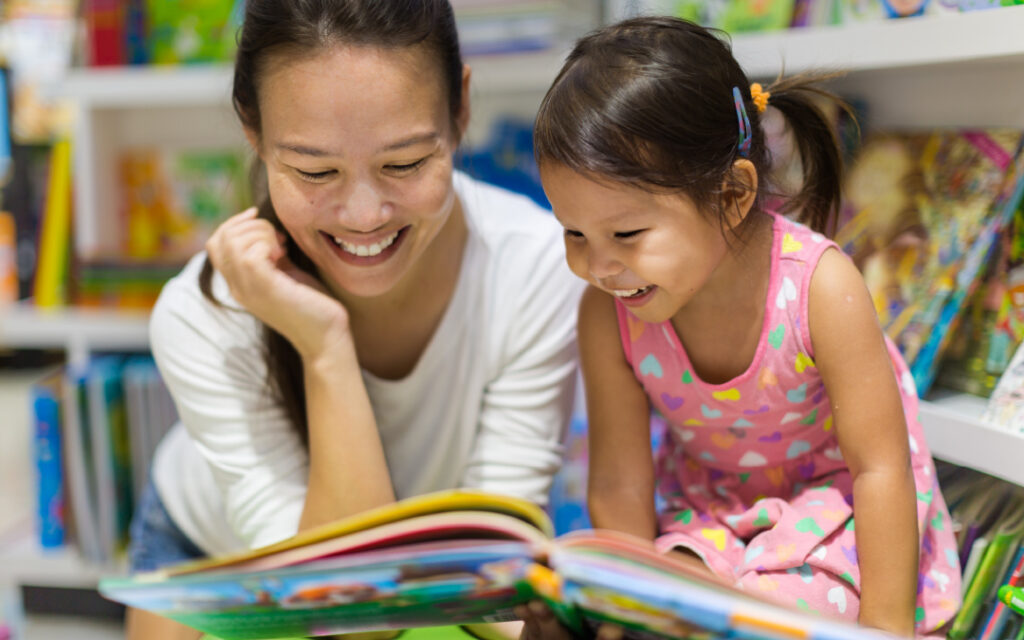
Americans spent over 2.5 billion dollars on children’s books in 2022. While these numbers include coloring books and other related materials, the largest percentage of this revenue came from books that can be read to children or books that children can read for themselves.
Once considered a form of entertainment or an incentive to help children fall asleep at night, early reading books have gained attention as research reveals the long-term academic value of these books.
Early reading books have been shown to provide support for children’s literacy in a number of ways. As a child’s first teacher, parents play an important role in establishing a reading environment.
Having children’s books available in the home, establishing reading habits by reading to children, and setting an example by reading are a few of the ways that adults can set the stage for reading.
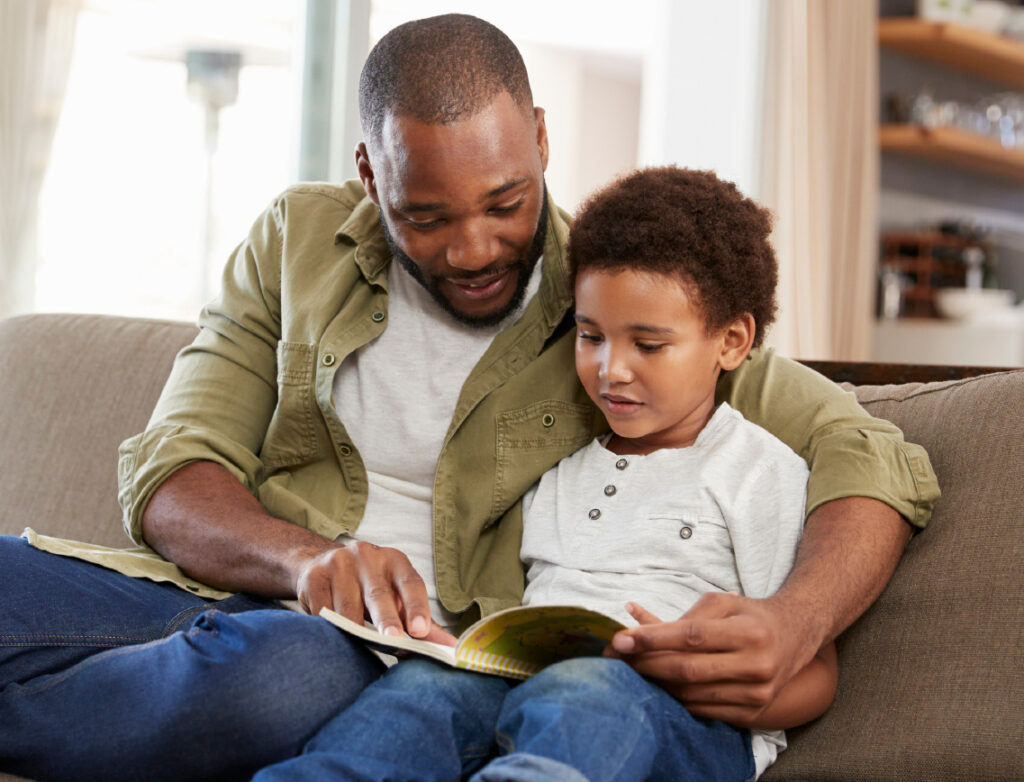
When adults read at home, they are modeling an activity that may have a greater impact on the literacy development of their children than previously suspected, particularly for boys. Research indicates that boys who don’t see their fathers or other men reading may develop the belief that reading is a primarily feminine activity or that reading is “schoolish”.
Reading modeled at home by both men and women creates an awareness that reading can provide information and enjoyment for adults as well as children.
Reading aloud is another essential activity in developing early literacy skills. Louisa Moats and Susan Hall in their book, Straight Talk About Reading: How Parents Can Make a Difference During the Early Years (1999), identify the benefits of reading aloud to children:
- Builds background knowledge about a variety of topics
- Builds vocabulary
- Provides familiarity with language patterns
- Creates an understanding of story structure
- Provides familiarity with the reading process
- Associates reading as a pleasurable activity
These benefits are the building blocks for the skills that will later be required to become a good reader.
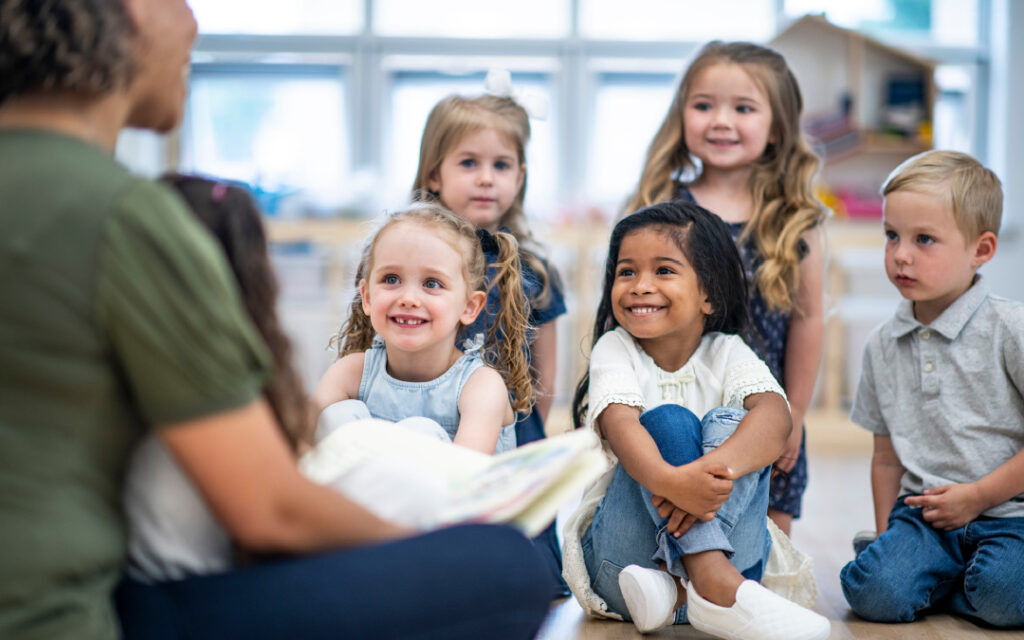
Early reading books provide a multitude of ways for parents and caretakers to support literacy development long before a child can read.
These books expand a child’s background knowledge and vocabulary and allow children to learn and explore without leaving home. Reading aloud to children stimulates creativity and curiosity and familiarizes them with new concepts.
Research has indicated that reading to children, even more than talking with them, builds vocabulary more effectively because early reading books contain a greater variety of words than used by parents in daily conversation.
Reading to and with young children is believed to develop neural pathways for both receptive and expressive language as these areas of the brain are activated.
Hearing stories certainly aids in language development for children, however, reading aloud may be even more effective when one small task is added.
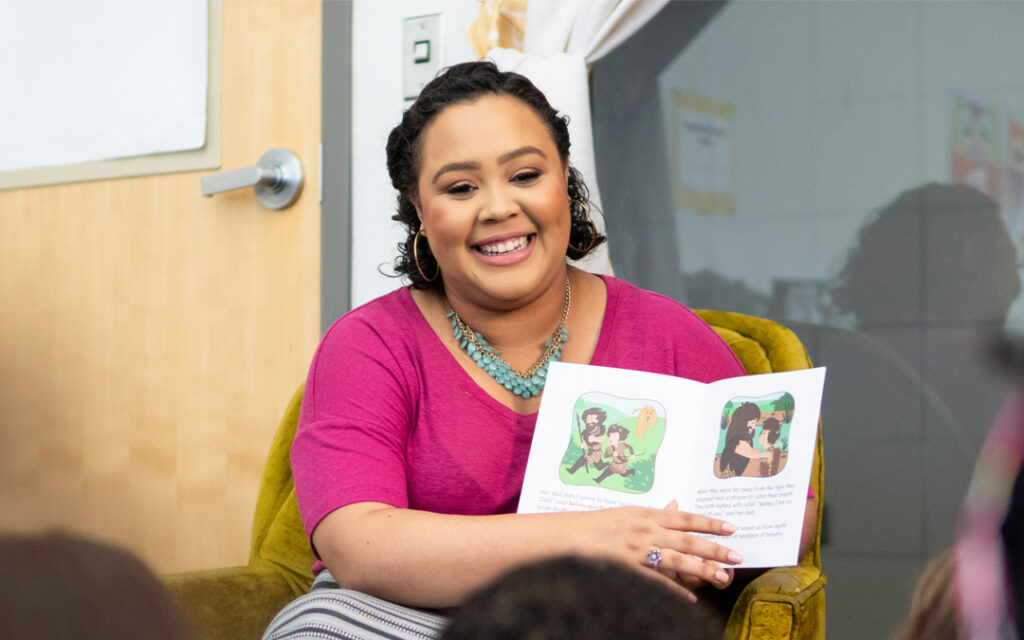
A recent study points to the importance of engaging preschoolers in awareness of print while reading aloud. By having teachers ask questions designed to draw the children’s attention to the words as a book was read aloud, researchers found that the additional 90 seconds per book yielded positive results.
The students in the study were followed for two years and the data indicated that the children who focused their attention on print had better literacy outcomes than those who did not.
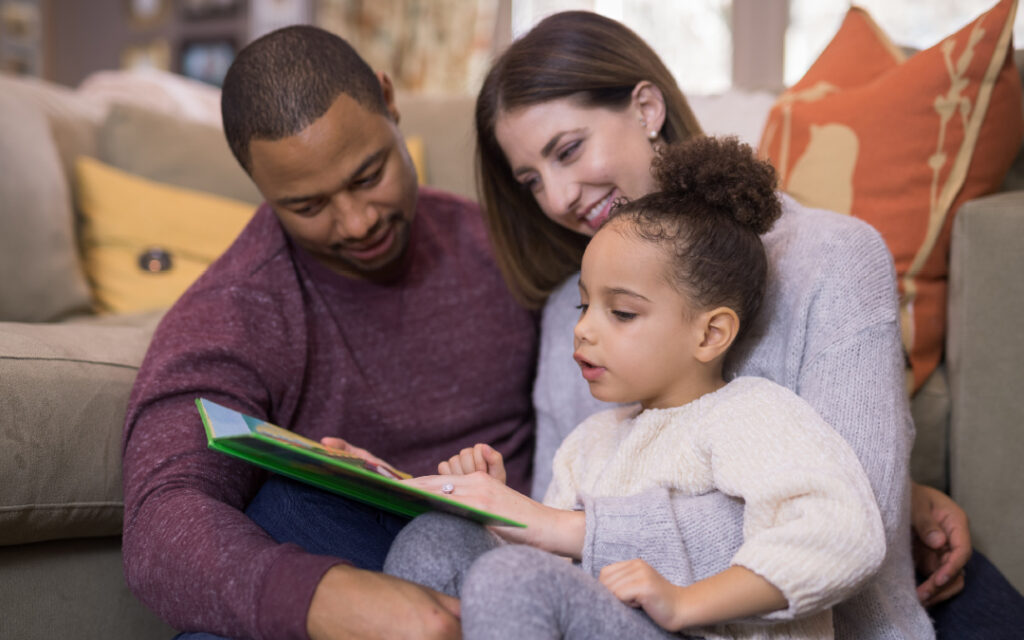
Choosing Reading Books
As any educator can attest, all children’s books are not created equal. Some books are tossed aside while other books are requested over and over again. What factors seem to engage children in their earliest literacy experiences? Many experts would agree that children’s books should contain words that are simple and repetitive, however, the story has to be interesting enough to sustain a child’s interest.
Why then, when there is such an emphasis on novelty, do children want to hear and read the same books over and over?
Developmental psychologists have theorized that contextual repetition serves several important functions in the acquisition of word learning. By repeated hearing in a familiar context, children are able to retain new vocabulary to a greater extent. Repetition also strengthens neural pathways and provides the security and comfort of predictability.
The ritual of reading a favorite book with a parent or caretaker promotes bonding and familiarity with a story and its characters gives children a small degree of mastery.
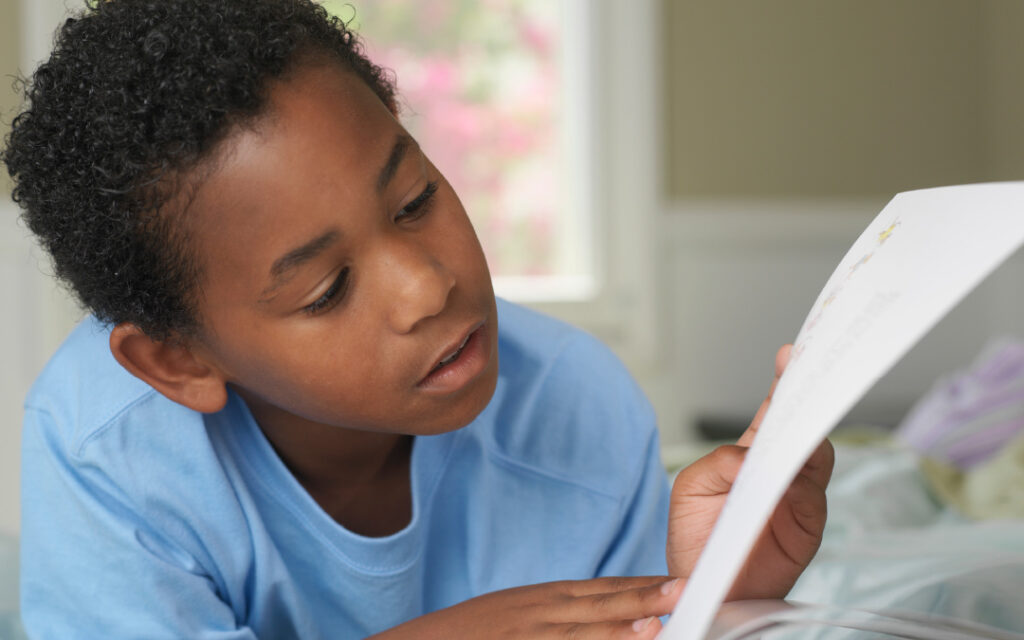
Reading aloud offers rich opportunities for interactions with children about text through questioning and discussion during and after the story.
Before reading, children can be encouraged to make simple predictions about the story based on the cover image and title. This introduction to inference helps children to understand that information can be gained indirectly by using clues in the words and images. Concepts of print can also be explored as children understand how books work.
Holding a book and beginning with the front, then reading left to right one page at a time, sets the stage for emergent reading. Asking the child to find the letter that matches the first letter of their name or a specific letter sound builds phonemic awareness, the first step in reading instruction.
As children begin to develop basic reading skills, it is important that early reading books are matched to the child’s stage of reading proficiency. Decodable texts ensure that emergent readers have the opportunity to build a solid reading foundation with confidence as they encounter more challenging words on the adventure that will take them from early reading books to exploring the vast world of print.

